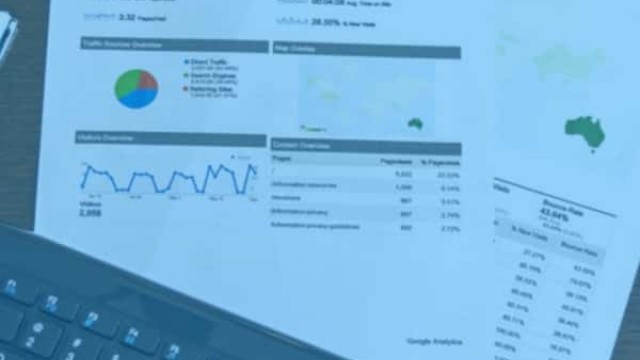With the recent release of search demand figures by Google, keyword researchers can now view search volume data in Google's keyword research tool. From Google's website, the release of these approximate numbers are intended to provide better insight into keywords' monthly and average search volumes than previously provided by the free AdWords tool. I believe that this is an exciting development for keyword researchers. As an example many researchers rely on a measure called KEI to determine how effective a keyword is for your web site. Keyword Effectiveness Index (KEI) was invented by a leading SEO Expert called Sumantra Roy.
Many experts nowadays say that KEI is only useful to make an initial assessment on a keyword, and that further research should be done on the strength of the competitor websites ranking high for the keyword. Even so, I still use it as an useful example of how the Google data can be used to make a quick relative assessment of a keyword's suitability. The formula to calculate a Keyword's Effectiveness Index is KEI = (P2/C), or a keywords popularity to the power of 2, divided by the keywords competition. The theory was that the higher the KEI, the better the keyword effectiveness. High KEI keywords are usually easier to optimize and rank highly on major Search Engines. The exception is when high KEI keywords also have unusually large number of competing web pages. In the past, keyword researchers had to obtain this popularity data from other sources like Overture "Searches" or WordTracker "demand" data.
This popularity figure was then combined with Google's competition("Results" in Google searches) data to produce a KEI figure. However as KeywordDiscovery and WordTracker rely on extrapolated data from ISPs to produce their figures, the data obtained is more useful for relative comparisons. Now that demand data can be obtained directly from Google itself, this will have a positive effect on keyword research as the accuracy of demand data is now much better than was available before. KEI can be calculated from freely available Google data, and this will also open up many more implications for SEO and PPC analysis work.
Learn how you can SEO your website through MapleCommerce's Advanced SEO workshop trainer Ivan Wong.

![Ecommerce SEO: The Definitive Guide [2019] from Backlinko.com](https://themacmarketer.com/wp-content/uploads/2019/03/ecommerce-seo-the-definitive-guide-2019-from-backlinko.com-440x264.jpg)


Thanks for this interesting article!
Bravo, you were visited with simply excellent idea
In my opinion you are mistaken. I can defend the position. Write to me in PM, we will communicate.